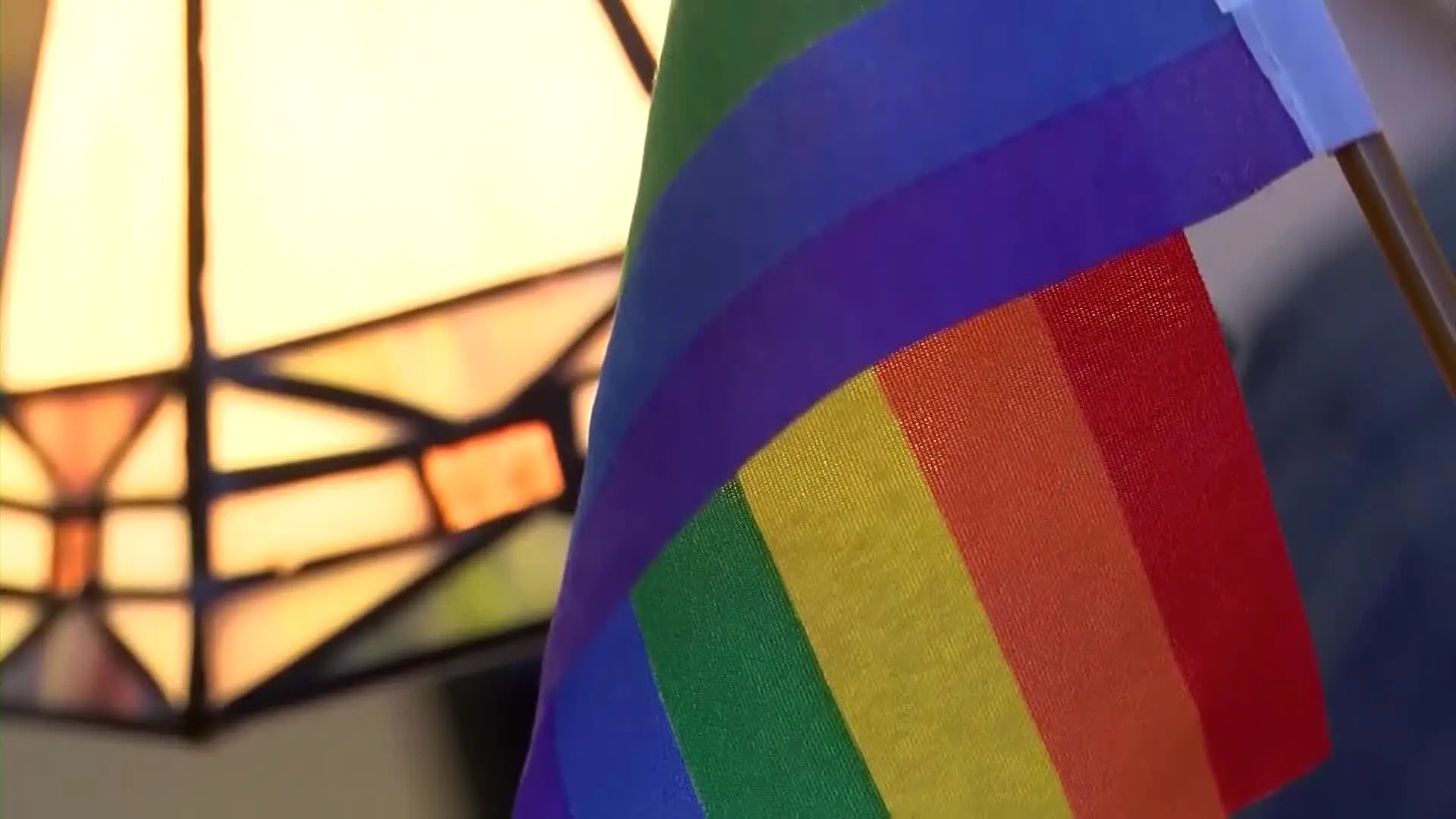Pennsylvania lawmakers are working to ban the use of the controversial “LGBTQ+ panic defense” in court. This legal strategy allows defendants accused of violent crimes to justify their actions by claiming they were provoked by the victim’s sexual orientation or gender identity. With hate crimes on the rise, this issue has become more pressing, especially after the recent actions and remarks by former President Donald Trump.
A Troubling Presidential Declaration
On his first day in office, President Trump declared that the U.S. government recognizes only two genders: male and female. This announcement has sparked concerns among Pennsylvania lawmakers, particularly Democrats, who fear it could lead to more discrimination and violence against LGBTQ+ individuals.
State Representative Mike Schlossberg voiced his concerns:
“This is going to be a tough time to advance equality. Passing laws like the Fairness Act, which bans discrimination, will be even harder now.”
Challenges in Passing LGBTQ+ Protections
The Fairness Act, introduced by Democratic Representative Malcolm Kenyatta, aimed to protect LGBTQ+ individuals from discrimination in employment, housing, and education. While it passed in the House during the last session, it failed in the Senate.
Despite these setbacks, Representatives Schlossberg and Benjamin Sanchez remain determined. They plan to introduce a bill to ban the “LGBTQ+ panic defense” and hope it will receive bipartisan support.
What is the LGBTQ+ Panic Defense?
The “LGBTQ+ panic defense” allows defendants to claim that they were provoked to commit violence upon learning or assuming their victim was LGBTQ+. This defense has been banned in neighboring states like New Jersey, New York, and Maryland. Pennsylvania, however, still permits its use, making it one of the few states in the region to do so.
According to Schlossberg, there’s no justification for delaying this ban:
“I cannot fathom what the hold-up is. This shouldn’t be a difficult decision.”
The Growing Threat to LGBTQ+ Individuals
Hate crimes against LGBTQ+ people, especially those based on gender identity, are rising, according to recent FBI data. Rep. Sanchez emphasized the urgency of this issue:
“LGBTQ+ people are at greater risk now. It’s our responsibility as allies to stand with them and ensure their safety.”
Advocates argue that allowing such a defense normalizes violence and undermines the principles of equality and justice.
Overcoming Political Hurdles
Passing the ban will require support from Republican lawmakers, especially in the Senate. While the bill has faced resistance in the past, Sanchez is cautiously optimistic:
“This bill has faced the least pushback from Republicans compared to other LGBTQ+ legislation. I hope we can get votes based on conscience rather than party lines.”
Call to Action: Advocacy and Support
Corrine Goodwin, Executive Director of the Eastern PA Trans Equity Project, urges Pennsylvanians to speak up:
“Reach out to your legislators and demand their support for this bill. LGBTQ+ individuals deserve the same protections as everyone else.”
Goodwin believes that public pressure will be crucial in getting this legislation passed.
A Step Towards Equality
For Schlossberg and Sanchez, banning the LGBTQ+ panic defense is more than just a legal issue—it’s a moral imperative. Schlossberg explained:
“My job as an elected official is to ensure everyone has the same freedoms and protections I enjoy.”
Sanchez added:
“This issue impacts my friends and family directly. Even if it didn’t, I wouldn’t turn my back on this fight. Allowing someone to escape accountability for violence because of ‘LGBTQ+ panic’ is not freedom.”
Conclusion
Pennsylvania’s lawmakers are striving to ensure justice and equality for LGBTQ+ individuals. Banning the LGBTQ+ panic defense would be a significant step toward creating a safer, more inclusive state. The success of this effort depends on bipartisan cooperation and the voices of Pennsylvanians advocating for change.
Disclaimer – Our team has carefully fact-checked this article to make sure it’s accurate and free from any misinformation. We’re dedicated to keeping our content honest and reliable for our readers.








